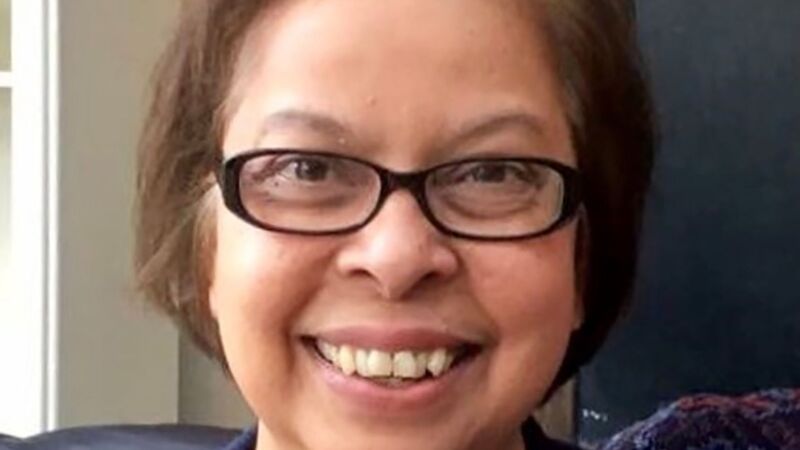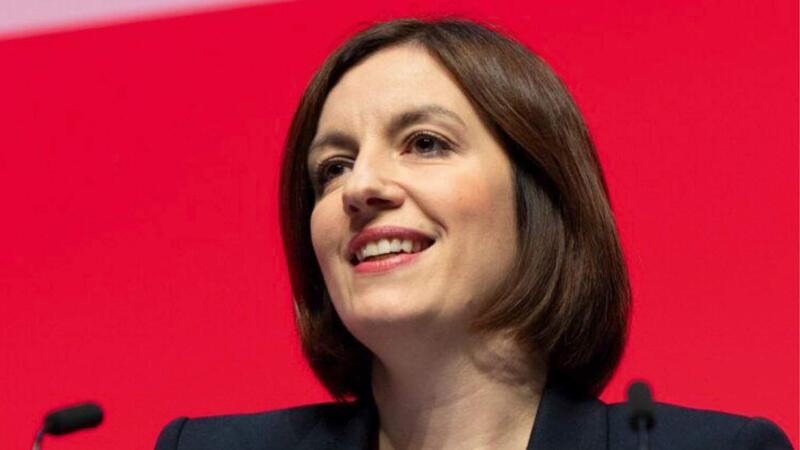You are viewing your 1 free article this month. Login to read more articles.
'No more buck-passing', says Carnegie Diversity report
A change in culture must take place in the way the CILIP Carnegie and Kate Greenaway Children’s Book Awards are administered "with no more buck passing", a report has found.
Sparked by backlash over the 2017 Carnegie longlist in February, which did not include a single black, Asian or minority ethnic (BAME) writer, lawyer Margaret Casely-Hayford was appointed by CILIP to lead an Independent Diversity Review into how the titles for the prize are selected.
A Review interim report has been released today (7th December) demanding the need for a more diverse judging panel, more in-depth scrutiny of the judging criteria, better data collection around the people nominating the books and a change in the culture of how the awards are run. However, the different arms of the book trade, such as publishers, librarians and literacy organisations, must work together to make this happen, it said.
"A change in the culture is required with no more ‘buck passing’," said the report. "To make this a reality participants want to see partnerships develop between publishers, librarians and literacy organisations, working together to grow the profile of children’s literature, change perceptions of diversity issues and drive societal change."
CILIP chief executive Nick Poole said the organisation understood it had a responsibility to “deliver real change” on the issue.
“As a sector, we have learnt that we need to be proactive in identifying and tearing down the barriers which prevent some people from discovering the joy of reading, of cultural participation and of seeing themselves reflected in literature,” he said. “…We have already learnt a great deal. We know that the experience of exclusion and prejudice hurts and that we have no right to expect people to share that hurt unless we genuinely intend to deliver real change.
“We know that children’s literature and illustration have a unique power to shine a light on the world as it is and to help us to imagine a better one – and that because of this we have an immense responsibility in how we develop and promote these Awards as ethical librarians.”
At the time of the furore, Sunny Singh, co-founder of the Jhalak Prize for Book of the Year by a Writer of Colour, tweeted that the absence of BAME writers from the longlist was a “deliberate snub” from the prize’s organisers, while Wei Ming Kam, sales and marketing assistant at Oberon Books and co-founder of the BAME in Publishing group, told The Bookseller she found it “appalling”. Many others slammed the lack of diversity including author Alex Wheatle and The Good Immigrant editor Nikesh Shukla.
To gather insights for the report, two workshops took place in London in July and October this year. Altogether 70 participants took place in the workshops including CILIP staff and the CKG Working Party, publishers, sponsors, librarians, representatives from literacy organisations and charities as well as authors and illustrators.
Discussions were based around how to “involve and include all children, considering the different needs… their backgrounds and how we target harder to reach schools”.
The diversity of the judging panel and librarian workforce were also “recurring themes” in discussions. Participants suggested librarians should be recruited from a wider pool of people and given enhanced diversity training to be aware of unconscious bias in the judging process.
Participants also raised the need to ensure nominations were “as broad as possible” with in-depth scrutiny of the judging criteria to allow for greater inclusivity, a breadth of perspective and recognition of diverse voices.
The need to raise the profile of the awards among consumers was also discussed. Participants called for involvement with retailers, suppliers and the need to build relationships with small and independent publishers, so that a greater range of books is available to librarians.
The need for improved data collection was also flagged up. Currently the prize does not collect data on the characteristics of the people nominating books for the awards or the judges. “It was felt that good data would help us to understand invisible as well as visible diversity and identify problem areas and opportunities in the process for improvement,” the report says.
Casely-Hayford said that since taking on the review in June she has “listened to comments, concerns and ideas about how the awards can be the best champion of diversity, inclusion and representation in order to create greater opportunity for the widest pool of talent to be drawn upon, providing authors and illustrators who can unlock a broader world of literary excellence for readers”.
“This in turn should increase participation in reading and associated activities by all children and young people – regardless of who they are, their background and where they live,” she said. “I want all young people – regardless of who they are, their background or where they live – to have the same opportunities. The greatest barrier to a young person achieving their potential is a lack of literacy skills.”
A consultation will be carried out in partnership with Coventry University between January and March 2018, followed by focus groups in June, with a final report to be published in September 2018.
The full interim report can be read here.



















